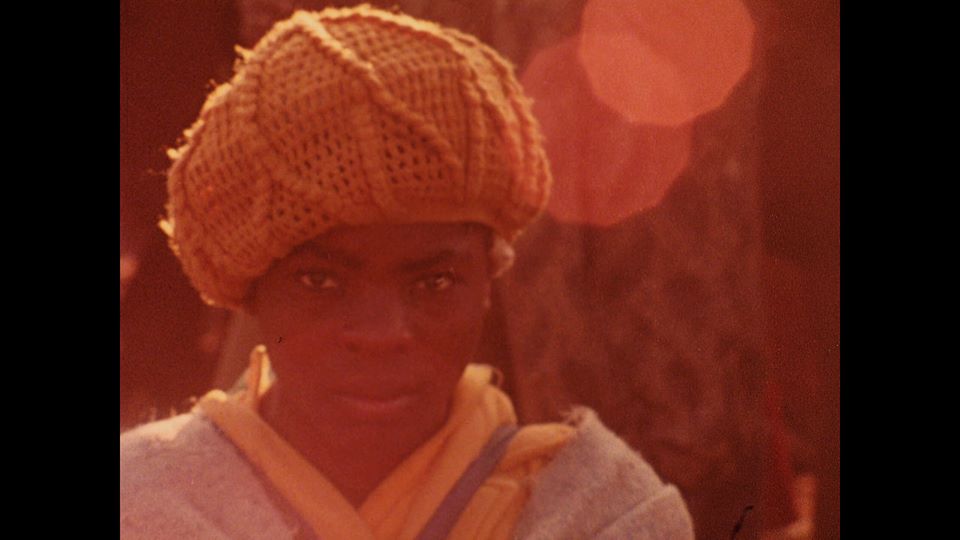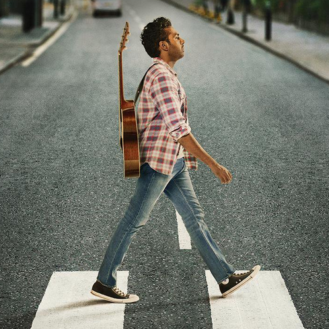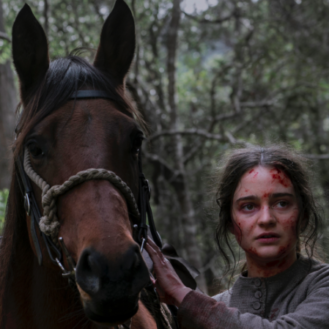By: Addison Wylie
I wouldn’t call Concerning Violence a movie or a documentary. It’s only being considered the latter because filmmaker Göran Olsson uses real footage – from the 60s and 70s – of African liberation in a perpetual clash. It’s more of a collection of footage being blown up on a screen to prove a point.
Concerning Violence contains interviews, still images, and raw film that all flesh out these “nine scenes from the Anti-Imperialistic Self-Defence” found in Olsson’s work as well as the original essay of the same name from Frantz Fanon’s book ‘The Wretched of the Earth’. The captured history is important to watch and listen to, although upsetting. The uncut interviews, especially, give the film a suitably unpolished and organic approach to the material and to the pure emotion behind those who feel as if they’re in a constant crisis.
That said, Olsson did make me feel like I was in school. It’s a type of movie that makes you wonder if all of this will be on the final exam following the screening. The filmmaker could’ve benefited from fluent transitions instead of his staggered changeovers from one chapter to the next. It’s an impassioned work that moves fast but, at the same time, comes across as a clunky student project that doesn’t care about such formatting issues.
I appreciated musician Lauryn Hill’s contribution as Concerning Violence’s grounded narrator. She has a stern yet inviting audible appearance to her voice that gives her dialogue an added punch to each word. Olsson often has her narration physically written out and knocking against the screen with each crucial syllable. It’s a stylistic decision that turns this “movie” into a slam poetry session, but it’s undoubtable this choice adds natural heft to the content.
I don’t know where this avant-garde “documentary” sits on a scale of recommendation. Each scene has significance, but enduring this craggily strewn collection in a theatre would be a slog. I even have a hard time believing this could present itself well on TVO, PBS, or a picture-in-picture box on CP24.
This is the type of history that makes more of an impact on you if you educate yourself by reading the books based on such events. Maybe that’s the ticket. You can skip the movie, but take a trip to a library that’s lucky enough to still be in existence.





Be the first to comment